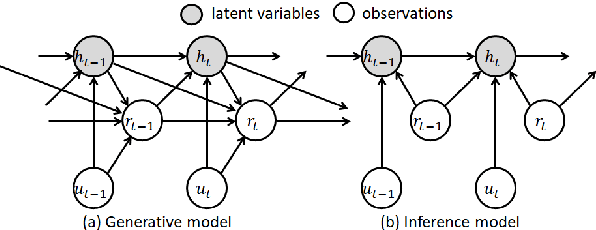Advancing Semi-Supervised Task Oriented Dialog Systems by JSA Learning of Discrete Latent Variable Models
Paper and Code
Jul 25, 2022



Developing semi-supervised task-oriented dialog (TOD) systems by leveraging unlabeled dialog data has attracted increasing interests. For semi-supervised learning of latent state TOD models, variational learning is often used, but suffers from the annoying high-variance of the gradients propagated through discrete latent variables and the drawback of indirectly optimizing the target log-likelihood. Recently, an alternative algorithm, called joint stochastic approximation (JSA), has emerged for learning discrete latent variable models with impressive performances. In this paper, we propose to apply JSA to semi-supervised learning of the latent state TOD models, which is referred to as JSA-TOD. To our knowledge, JSA-TOD represents the first work in developing JSA based semi-supervised learning of discrete latent variable conditional models for such long sequential generation problems like in TOD systems. Extensive experiments show that JSA-TOD significantly outperforms its variational learning counterpart. Remarkably, semi-supervised JSA-TOD using 20% labels performs close to the full-supervised baseline on MultiWOZ2.1.
 Add to Chrome
Add to Chrome Add to Firefox
Add to Firefox Add to Edge
Add to Edge